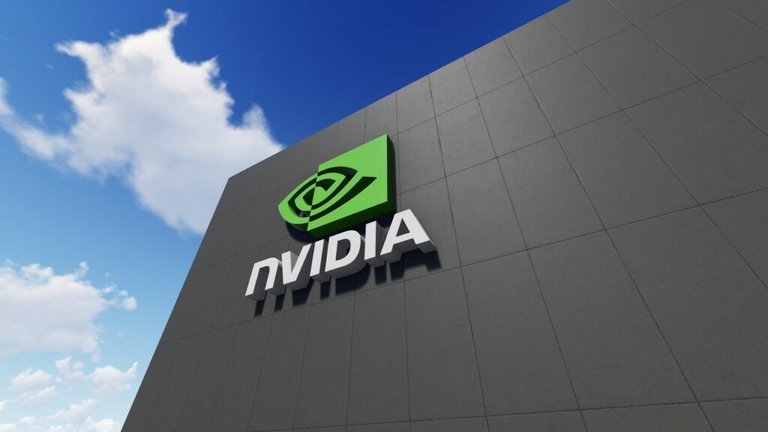NVidia
Nvidia prepares to launch supercomputer
Nvidia and Foxconn announced the construction of Taiwan's largest and most powerful supercomputer, scheduled for completion in 2026, boosting research in AI and various industrial sectors.
#newsonleo #nvidia #technology

This Tuesday, the 8th, Nvidia, in collaboration with Foxconn, announced the creation of the largest supercomputer in Taiwan. This ambitious project represents a milestone in technology and promises to revolutionize industries with its unparalleled processing power.
Blackwell chips will be the central elements of this supercomputer, standing out as the pinnacle of Artificial Intelligence (AI) technology. With innovative capabilities, these chips will facilitate countless advancements, especially in processing-intensive industries. The supercomputer is expected to enter initial operation in mid-2025, with full completion scheduled for 2026.
But what will be the real impact of creating this supercomputer in Taiwan? According to Nvidia, the project goes beyond a mere technological feat. Foxconn plans to leverage the supercomputer for significant transformations in relevant areas such as cancer research, development of language models and the concept of “smart cities”. With this computing power, oncology research will be able to advance, promoting improvements in diagnoses and treatments.
This supercomputer represents a notable advancement in Taiwan's technological capabilities, solidifying its position among global leaders in AI infrastructure. But how will this technology influence our daily lives? With its vast processing power, the supercomputer will enable innovations that will transform urban life, optimizing the efficiency of smart cities and integrating various aspects of everyday life into a robust technological network.
When will the fruits of this partnership between Nvidia and Foxconn begin to emerge? With initial operations scheduled for 2025 and full completion in 2026, the impacts should be noticed soon. Until then, preparations and installations will be accelerating to establish the necessary infrastructure for this technological icon.